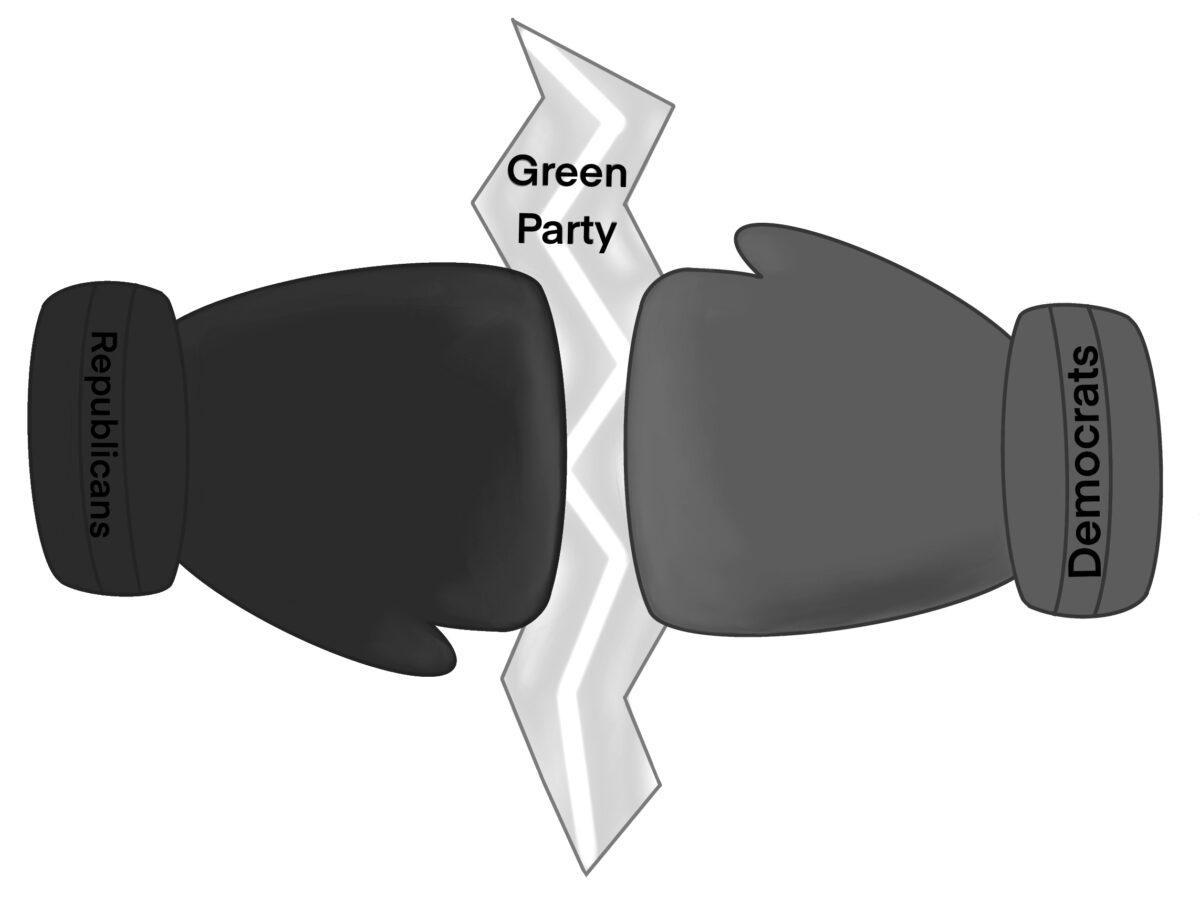I’ve always been taught to value my education, especially as a woman. Education is not just a privilege but a path to opportunity. It gives you a voice in shaping the future of this country. Despite the importance of education, Donald Trump has proposed dismantling the department that funds it.
“We are going to close the Department of Education in Washington, D.C. and send it back to the States, where it belongs and let the States run our educational system as it should be run,” stated Trump’s campaign website.
However, the very idea of removing national oversight and creating a curriculum on a state-by-state basis threatens the quality, depth and fairness of students’ education as a whole. One of the most immediate and concerning impacts of Trump’s proposal to defund the Department of Education lies in the potential for an increase in educational inequality.
In the past, Title I, a federal initiative, has helped low-income schools, and the Individuals with Disabilities Education Act guaranteed support for students with disabilities. These organizations, acts and initiatives, along with many others guaranteed by the federal government, helped level the playing field for millions of students. Without these programs, many students won’t receive the same opportunities as others because it will be much harder for school districts with little funds to supply support programs for those requiring extra assistance.

On top of funding disparities, the Department of Education ensures states don’t have biased curricula. If states decide what information will be included in textbooks and the overall curriculum, there is a grave possibility for dangerous bias. Curricula becoming biased is already a reality, with some states banning books and removing lessons about race, gender and other critical issues from their curricula. This ultimately skews lessons to differing political points, making it hard for students to distinguish fact from false.
According to PEN America, an organization dedicated to preserving free expression of thought through literature, there were 10,046 book bans in the 2023-2024 school year in 29 states and 220 public school districts. Books include novels like The Handmaid’s Tale, which I had the opportunity to read recently in my Advanced Placement English Literature Class. The novel made me realize how lucky I am to have rights in a world where many women don’t. But it also opened my eyes to how quickly the government can take away individuals’ rights. While this article isn’t a review of the book, I think it’s important to mention how well Margaret Atwood described everyday sexism and larger-scale assaults that women face frequently. When books like The Handmaid’s Tale are banned, children fail to learn about issues like misogyny, these problems get swept under the rug and then are more likely to continue.
Despite this, supporters of Trump’s plan believe this decentralization offers benefits. Specifically, they argue that dismantling the federal Department of Education is beneficial because local governments are better equipped to tailor curricula to their communities’ needs while claiming that federal oversight wastes taxpayer dollars. While this claim might seem reasonable at first glance, in reality, it is not that strong. For starters, without a national standard, education would become inconsistent, resulting in students in different states having varying viewpoints of our nation’s history. A prime example of this is The United Daughters of the Confederacy, a group that sought to rewrite the history of the Confederacy and the American Civil War by campaigning to remove books from schools that they deemed biased against the Confederacy. They also developed teaching techniques to spread false narratives to children, and they targeted teachers who did not adhere to their beliefs by forcing their resignation. While this campaign occurred in the early 1900s, its impacts are still prevalent in southern culture today. This highlights the significant effect banning literature can have.
In addition to national standards being inconsistent, federal oversight has been crucial for progress within the education system; one primary example is the desegregation of schools following the landmark Brown v. Board of Education in 1954. Specifically, the Department of Education was tasked with helping enforce desegregation when southern states fought against it.
The bottom line is that the Department of Education is making good use of resources, which is crucial to the future of our country. Donald Trump’s plan to dismantle the department would harm students and younger generations by increasing educational inequality, weakening national standards and allowing states to create biased curricula. This approach risks lowering the quality of education and failing to prepare students for the future. Dismantling would not only harm students but jeopardize the foundation of equal opportunity that education should provide.








